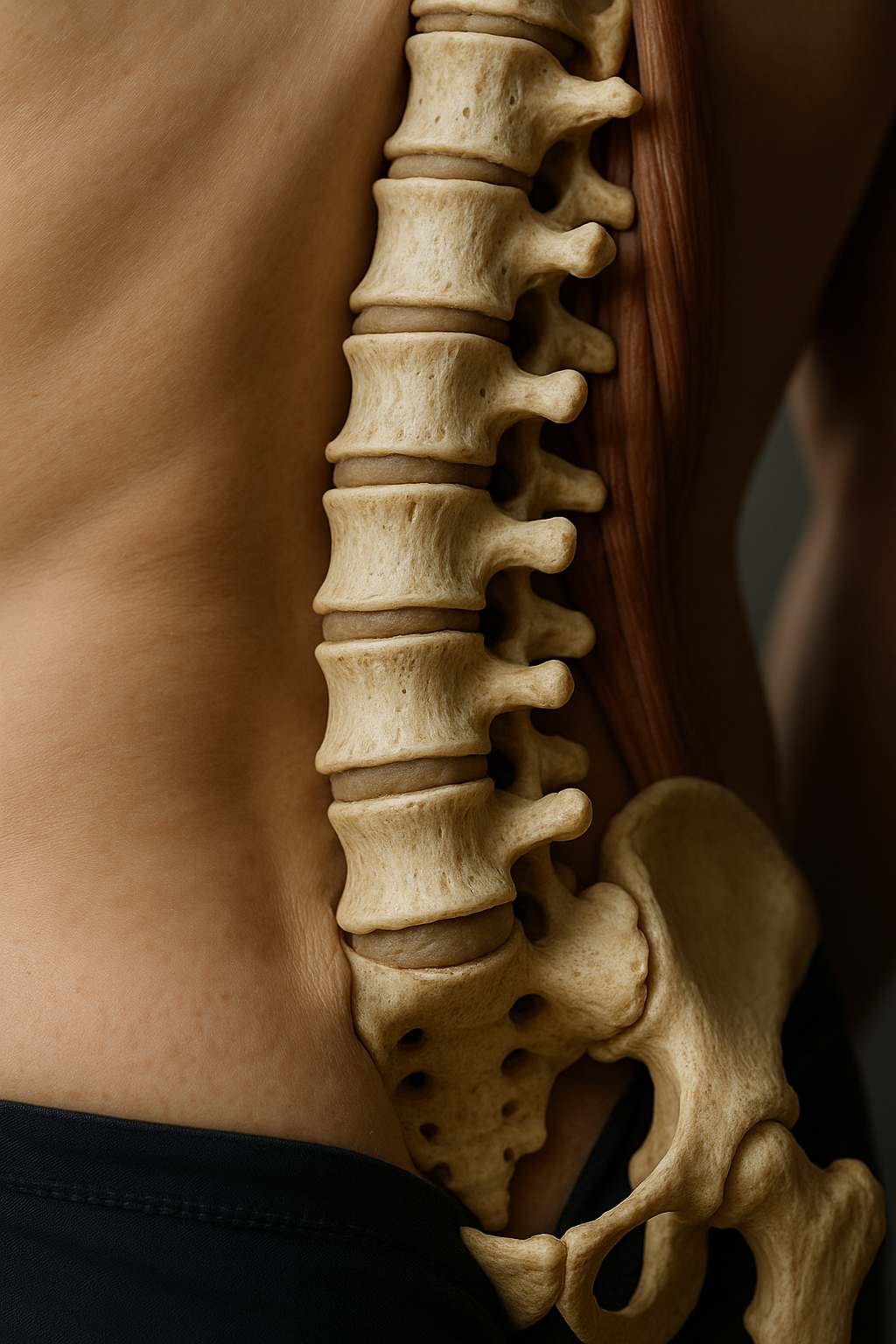Neck tension is a common ailment in today's fast-paced world, affecting millions of individuals who juggle demanding work schedules and busy personal lives. It manifests as stiffness or discomfort in the neck area and is often a byproduct of our modern lifestyle. With the rise of desk jobs and increased screen time, neck tension has become increasingly prevalent. But what exactly causes this discomfort, and how can we address it effectively?
understanding neck tension
Neck tension is typically caused by a combination of poor posture, stress, and repetitive motions. Imagine sitting hunched over a computer for hours on end or constantly looking down at your smartphone; these habits can lead to strain on the neck muscles. Stress also plays a significant role, as it often results in muscle tightening, particularly in the neck and shoulders. Moreover, repetitive motions, such as typing or even certain physical activities, can exacerbate this condition.
One promising approach to managing neck tension involves ergonomic solutions. These solutions focus on optimizing the way we interact with our environment, particularly in workspaces, to reduce strain and promote better posture. Ergonomics can be a game-changer for those suffering from neck tension, offering tools and strategies to alleviate discomfort and prevent future occurrences.
the importance of addressing neck tension
Ignoring neck tension can lead to more serious health issues over time. Untreated, it can evolve from an occasional nuisance into chronic pain, impacting not just the neck but also leading to headaches and reduced mobility. This chronic discomfort can significantly affect daily activities and diminish overall quality of life, making it crucial to address the issue promptly and effectively.
Beyond physical discomfort, neck tension can also lead to mental fatigue and stress, further impacting one's ability to function efficiently both at work and in personal life. Therefore, understanding and addressing neck tension is not just about alleviating physical pain but also about enhancing overall well-being.
the goal of this guide
This guide aims to explore effective and effortless ways to alleviate neck tension, emphasizing a holistic approach. By combining lifestyle changes, ergonomic aids, and medical advice, individuals can find relief and improve their quality of life. The journey to easing neck tension involves understanding its causes, recognizing symptoms, and implementing strategies that fit seamlessly into one's daily routine.
Stay tuned as we delve deeper into the causes and symptoms of neck tension, explore first-line treatment strategies, and highlight ergonomic solutions that can transform your workspace into a haven of comfort and productivity. Whether you're dealing with occasional stiffness or chronic discomfort, this guide is designed to provide you with the insights and tools needed to tackle neck tension head-on.
causes and symptoms of neck tension
Understanding the underlying causes of neck tension is crucial for effective management. Physiologically, neck tension often stems from muscle strain, which can occur due to poor posture, stress, or inadequate ergonomics. For instance, spending extended periods in front of a computer or constantly looking down at a smartphone can put undue stress on the neck muscles. This is compounded by stress, which naturally causes muscle tightening, particularly in the neck and shoulders. Additionally, repetitive motions, whether from typing or certain physical activities, can further exacerbate neck tension.
Symptoms of neck tension can vary but commonly include stiffness, headaches, and reduced mobility. Individuals may also experience a sensation of tightness or discomfort that can extend to the shoulders and upper back. Recognizing these symptoms early is vital, as they can indicate the need for intervention to prevent further complications.
first-line treatment strategies
self-care techniques
Effective management of neck tension often begins with self-care techniques. Stretching exercises and yoga are excellent for enhancing flexibility and relieving stress. These practices help in releasing tension in the neck muscles and improving overall posture. Additionally, alternating between heat and cold therapy can provide immediate relief from pain. Heat therapy helps in relaxing tense muscles, while cold therapy reduces inflammation and numbs sharp pain. Over-the-counter pain relievers can also be useful for managing acute pain episodes, providing temporary relief while longer-term strategies take effect.
lifestyle modifications
Incorporating lifestyle modifications is a proactive approach to managing neck tension. Regular breaks during work, especially for those with desk jobs, are crucial. These breaks help in reducing the strain on neck muscles and promote better circulation. Stress management techniques, such as meditation and deep breathing exercises, can also significantly reduce the impact of stress on the body. By incorporating these practices into daily routines, individuals can mitigate the effects of stress and improve their overall well-being.
ergonomic solutions for neck tension
home and office ergonomics
Optimizing home and office environments with ergonomic solutions is essential for reducing neck tension. Ergonomic furniture and tools play a significant role in promoting proper posture and minimizing strain. For instance, ensuring that the monitor is at eye level and that chairs provide adequate support can make a substantial difference. These adjustments help in maintaining a neutral spine position, which is key to preventing neck strain.
ergonomic aids
Investing in ergonomic aids, such as ergonomic chairs, desks, and cervical pillows, can further support efforts to alleviate neck tension. These products are designed to conform to the body's natural alignment, reducing the risk of strain. Ergonomic chairs, for example, provide lumbar support and encourage proper sitting posture, while cervical pillows support the neck during sleep, ensuring that it remains aligned with the spine. By integrating these aids into daily life, individuals can create a supportive environment that promotes neck health and reduces discomfort.

Women's Posture Shirt™ - Black
The patented Posture Shirt™ for women helps relieve pain, improves posture, and is designed for all-day comfort and support.

Men's Posture Shirt™ - White
Supports neck and back, improves posture, and uses patented technology to help reduce pain and tension throughout the day.
In conclusion, addressing neck tension involves a multifaceted approach that combines understanding its causes and symptoms with implementing effective treatment strategies. By incorporating self-care techniques, lifestyle modifications, and ergonomic solutions, individuals can significantly reduce neck tension and improve their quality of life. As we continue to explore advanced treatment options and long-term management strategies, it's clear that a proactive approach is key to maintaining neck health and overall well-being.
advanced treatment options for neck tension
For those who find that self-care and ergonomic solutions are not enough to alleviate neck tension, exploring advanced treatment options may be beneficial. Professional interventions such as physical therapy, massage, and acupuncture can provide targeted relief and improve muscle function. Physical therapy involves exercises and stretches tailored to strengthen neck muscles and improve flexibility, while massage therapy focuses on releasing tension and promoting relaxation. Acupuncture, an ancient practice rooted in traditional Chinese medicine, involves inserting thin needles into specific points on the body to relieve pain and tension.
In more severe cases, advanced treatments such as Transcutaneous Electrical Nerve Stimulation (TENS) therapy or steroid injections may be considered. TENS therapy uses low-voltage electrical currents to relieve pain, while steroid injections aim to reduce inflammation and provide longer-lasting relief. These treatments should be discussed with a healthcare provider to determine their suitability based on individual needs.
surgical options
Surgical interventions are typically reserved for the most severe cases of neck tension, where other treatments have failed, and the condition significantly impacts daily life. Such procedures are rare and often considered a last resort. If surgery is deemed necessary, it is crucial to have a thorough discussion with a medical professional to understand the potential risks and benefits.
long-term management and prevention of neck tension
For lasting relief from neck tension, a comprehensive approach to long-term management and prevention is essential. This includes ongoing ergonomic support, regular exercise, and developing personalized strategies to address individual needs. Regular physical activity, such as swimming or pilates, can enhance strength and flexibility, reducing the likelihood of tension reoccurrence.
Creating a neck-friendly workspace is vital for those in desk jobs or with repetitive motion tasks. This involves setting up an ergonomic workstation, taking regular breaks to stretch and move, and incorporating stress management techniques into daily routines. By focusing on these preventative measures, individuals can maintain neck health and reduce the risk of chronic tension.
frequently asked questions
what are the most common causes of neck tension?
Neck tension is commonly caused by poor posture, stress, and repetitive motions. These factors lead to muscle strain and discomfort, particularly in individuals who spend long hours at desks or in front of screens.
how can I prevent neck tension while working at a desk?
To prevent neck tension at a desk, ensure your workspace is ergonomically optimized. This includes setting your monitor at eye level, using a supportive chair, and taking regular breaks to stretch and move.
when should I see a doctor for neck tension?
If neck tension persists despite self-care measures or is accompanied by severe pain, numbness, or weakness, it is advisable to seek medical evaluation to rule out any serious underlying conditions.
are ergonomic aids effective for neck tension relief?
Ergonomic aids, such as chairs, desks, and cervical pillows, can be highly effective in relieving neck tension by promoting proper posture and reducing strain on the neck muscles.
what lifestyle changes can help reduce neck tension?
Incorporating stress management techniques, such as meditation and regular physical activity, can significantly reduce neck tension. Additionally, ensuring an ergonomic workspace and taking frequent breaks can help manage and prevent tension.
Källor
- Healthline. (n.d.). "Neck Tension: Causes, Symptoms, and Relief."
- Texas A&M University. (2024). "Researchers Discover That Sustained Neck Exertions Change the Spine and Muscles, Causing Pain."
- Hospital for Special Surgery. (n.d.). "Move Better: Chronic Neck Pain."
- National Center for Biotechnology Information. (n.d.). "Neck Pain: A Review of Epidemiology and Management."
- UPMC. (n.d.). "Neck Pain: Causes, Symptoms, and Treatment."
- Mayo Clinic. (n.d.). "Clinical Trials on Neck Pain."
- UCHealth. (n.d.). "Neck Strain: Symptoms and Treatment."
- CenterWatch. (n.d.). "Clinical Trials for Neck Pain."
- Cleveland Clinic. (n.d.). "Neck Pain: Symptoms and Causes."
- Frontiers in Neurology. (2022). "Neck Pain and Its Management."
- Mayo Clinic. (n.d.). "Neck Pain: Symptoms and Causes."
- National Center for Biotechnology Information. (n.d.). "Neck Pain and Cervical Spine Disorders."
- Healthdirect. (n.d.). "Neck Pain: Overview."
- Journal of Orthopaedic & Sports Physical Therapy. (2017). "Clinical Practice Guidelines for Neck Pain."
- Aurora Health Care. (n.d.). "Relief for Neck Pain."
- Cleveland Clinic. (n.d.). "Stiff Neck: Symptoms and Causes."


















